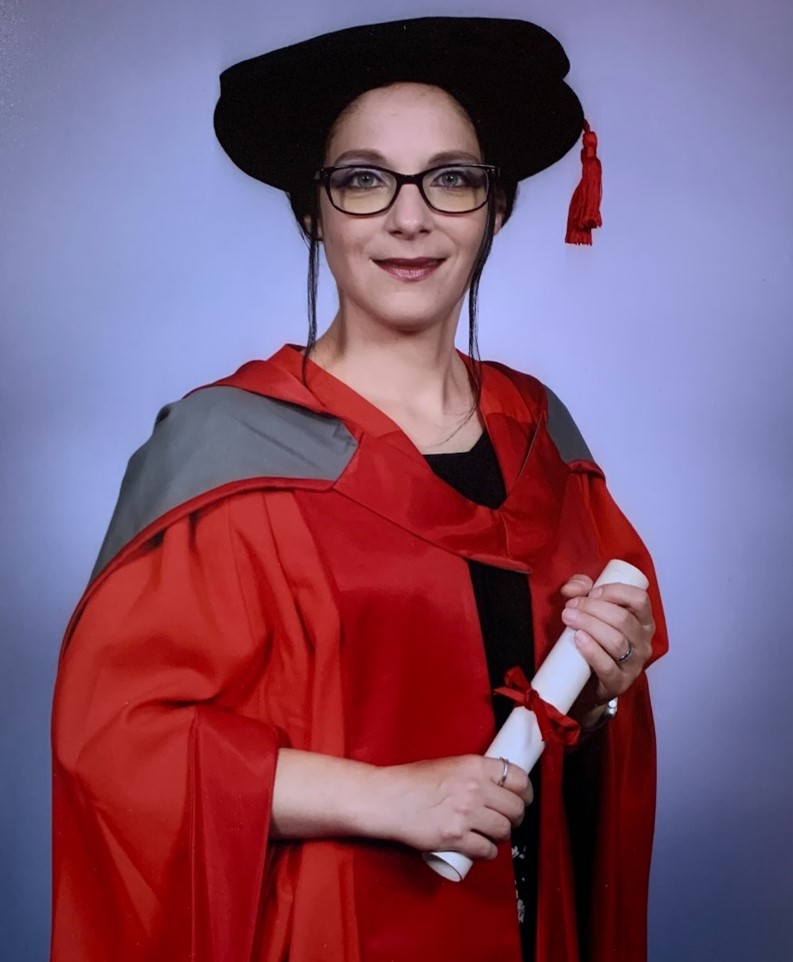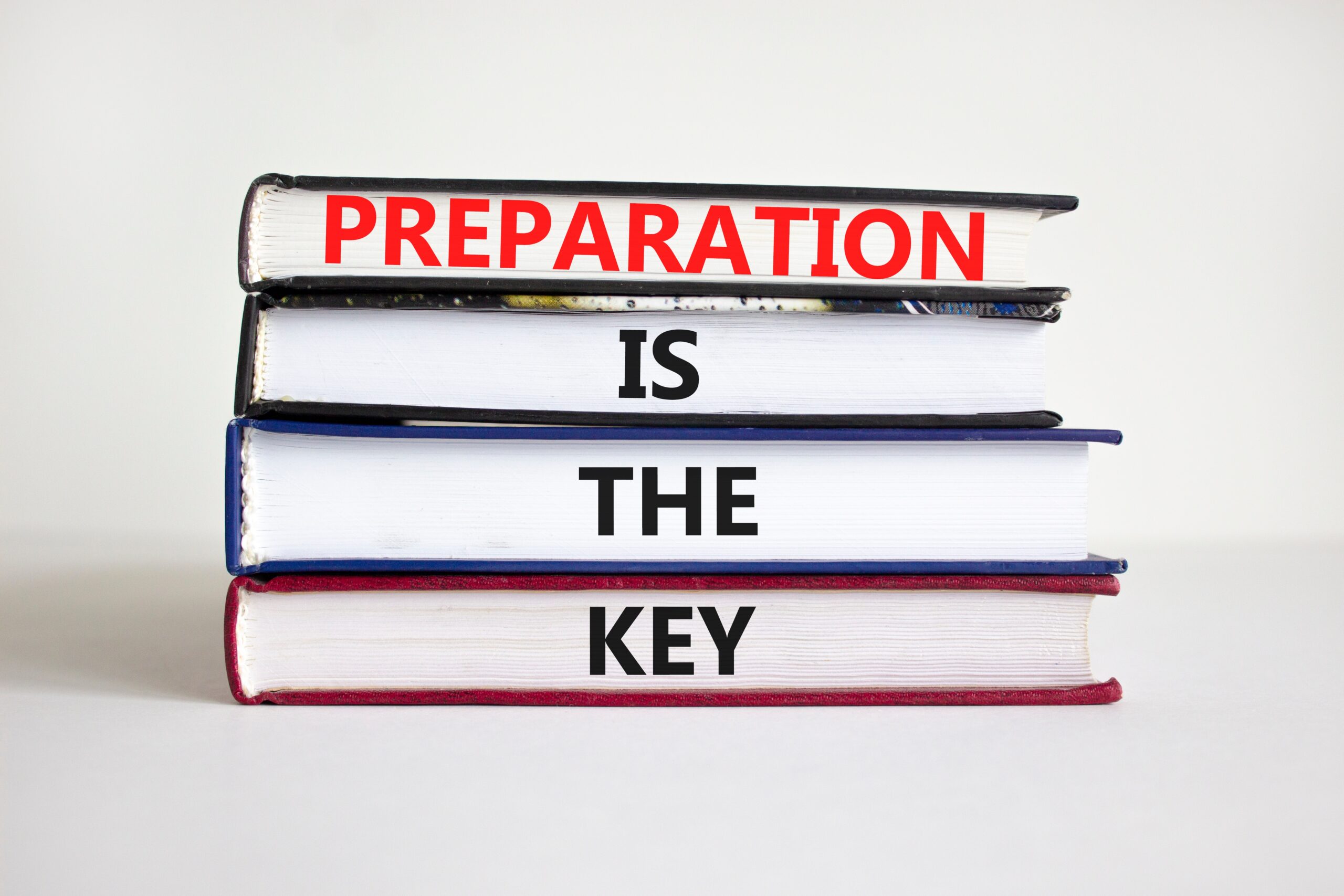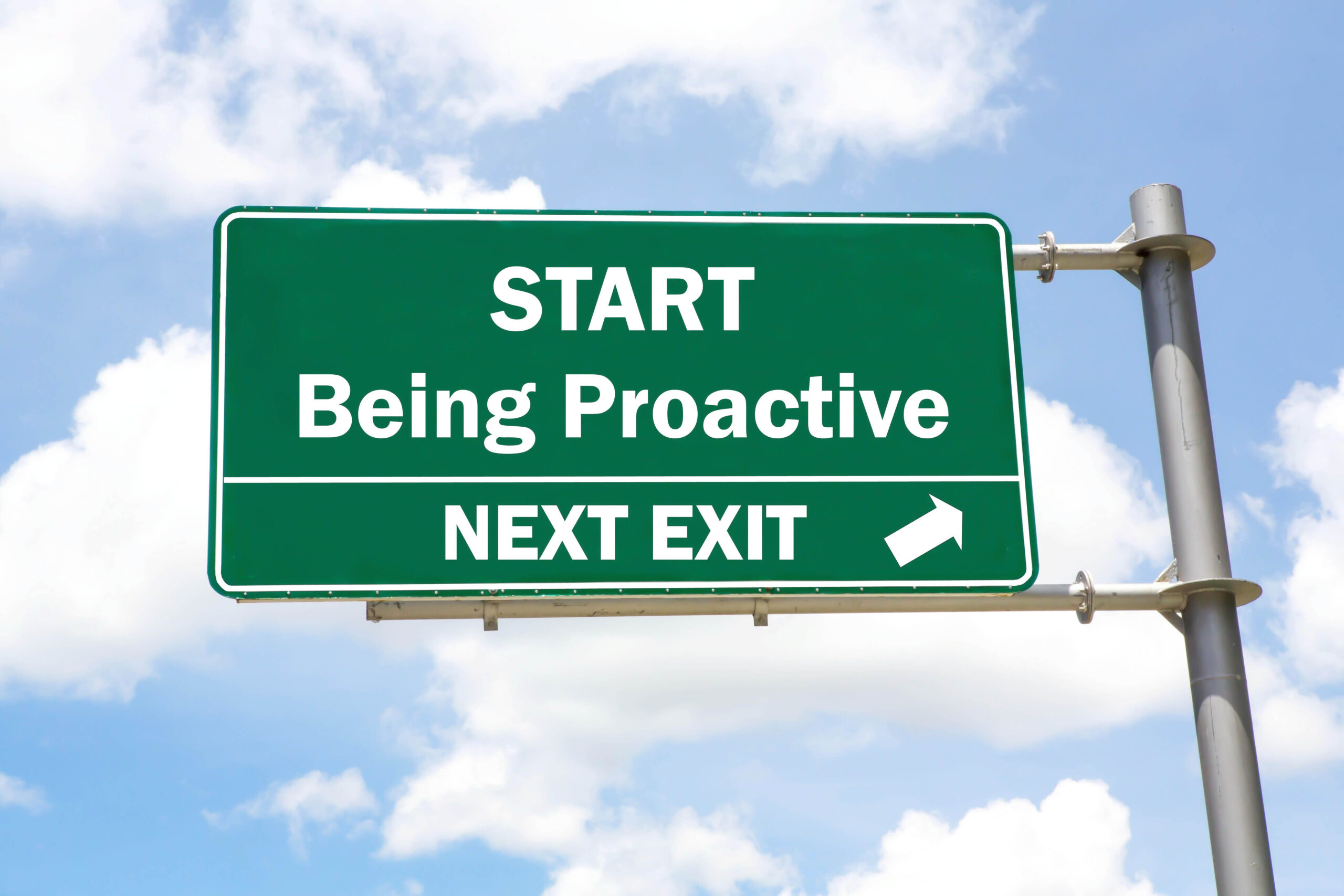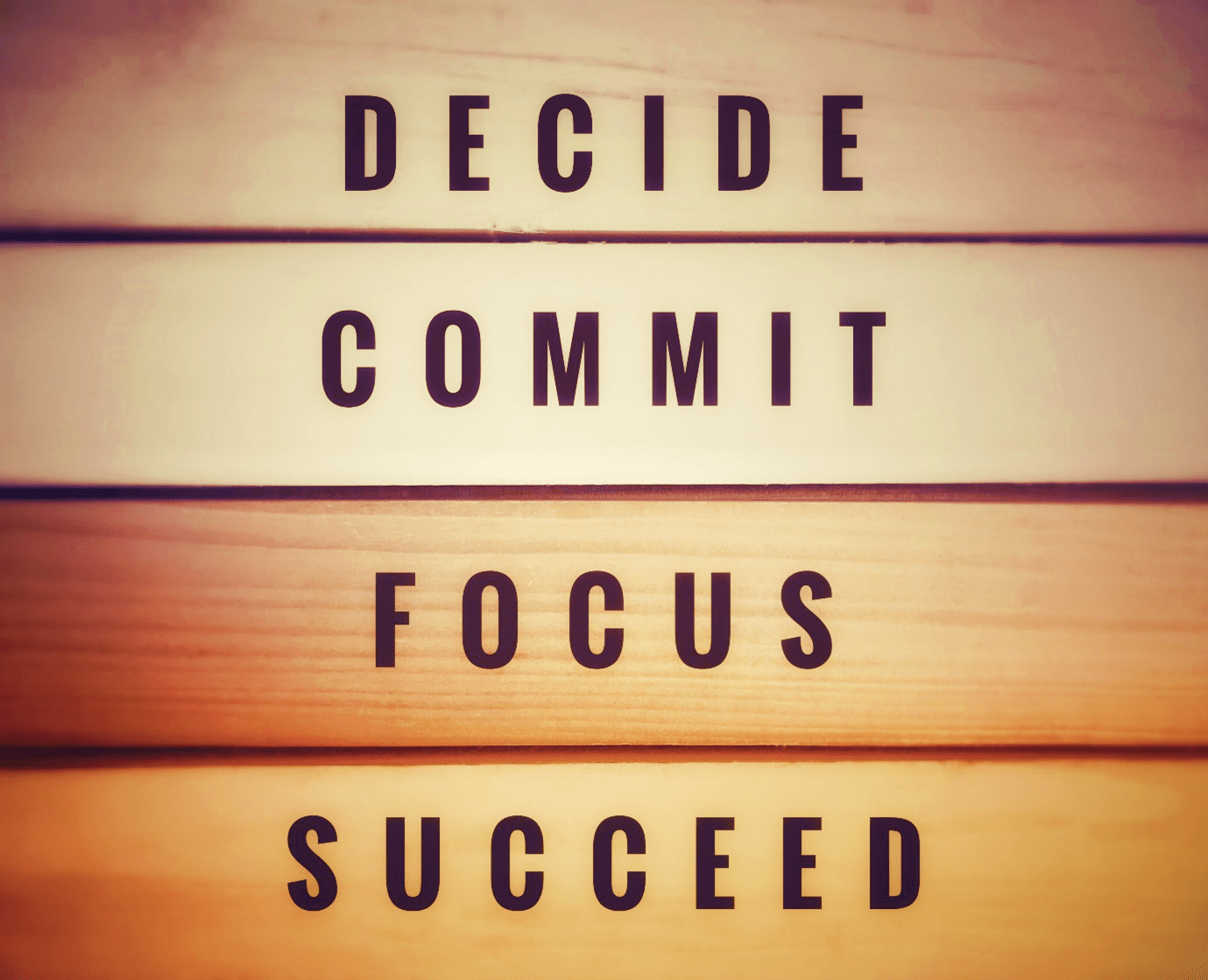
I am often questioned about how I was able manage a young family and complete a full-time PhD at the same time. Quite often people see these as incompatible. While I disagree with such perceptions, I believe it has a lot to do with who we are, our background, life experiences and our personality type and it may not be easy for everyone. I am twice exceptional (namely, autistic and profoundly gifted). In this post, I aim to provide some tips and tricks to navigate the PhD journey based on my own experiences. While I have kids, my advice may also be useful to postgraduate researchers (PGRs) who do not have children.
Be prepared & seek advice

I was well prepared because the decisions we made were strategic and we knew what to expect. We planned a lot and even moved house and area so that my husband could manage the kids (and me 😊). The internet is full of PhD advice and it helped me to read about how others experienced their journey. Therefore, I am linking some of the blogs that I found helpful:
Having Goals and a Vision

I am often asked how it is possible to work with goals and deadlines during the PhD and some PhD colleagues seemed to find this difficult. For me, the most important condition is ‘stability’. That is why the preparation stage is very important. Having a stable and supportive personal life is crucial. This involves a proper workspace, living space and trusted relationships. Of course, there may be sudden events or complications but having a supportive and stable environment helps to overcome these difficulties. I had to complete my data collection and analysis during COVID 19 and it certainly was not easy, but my husband and I had decided to commit and complete that PhD in three years.

I did not wait for things to happen, or for people to approach me with opportunities. Instead, I asked for involvement, and I helped others. From my very first day as a PhD student, I acted proactively and always looked for opportunities to contribute. There is a risk of deviating from your goals if you start doing many things. However, you can avoid this by aligning your activities with your current goals and deadlines. In other words, whatever you do in addition to your research should contribute to your research/scholarly activities and development.
Stay committed & focus
Pursuing a PhD is a choice that we make and understanding how this may contribute to our vision is critical to complete the project. Not knowing how your PhD contributes to your ‘bigger picture’ may lead to procrastination and simply ‘doodling around’. For me, my research and scholarly activities always have a clear purpose. Ideally, whatever I do aligns with my passions, but that is not always the case. Nevertheless, if I see the meaning of my work’s purpose, I develop a strong sense of commitment to the activities and the fulfilment of my goals and deadlines. I, thus, visualise my vision, goals, and the meaning of my endeavours daily and develop a strong mental focus. This is associated with a deep emotional commitment to my vision. I am enthusiastic about reaching any goal because I am interested in knowing more, learning more and improving myself ongoingly. My passion is to help others and contribute to the common good and striving to fulfil this makes me happy, which is what fuels my enthusiasm.

During the three years of my PhD, I pictured myself in a one-way tunnel and there was no escape from the path I set myself. This metaphor enabled me to work without any procrastination in tasks. The ability to block out external influences, which sometimes can be toxic or otherwise negative, is important to stay on track. In addition, simple acceptance of difficulties as part of the journey and solving problems rather than complaining about certain situations helped me a lot. In fact, oftentimes the problems provided me with energy boosts to do better, develop myself and learn valuable lessons for the future. My PhD was a roller coaster but jumping off the wagon was not an option for me. Instead, I learned to adapt and adjust to situations that were difficult for me. I chose what I wanted to focus on and simply excluded/ignored issues that would have prolonged the completion of my goals. I was told by one of my supervisors that ‘a good PhD is a finished project’ and today I strongly agree with this statement.
As you can imagine working with such a strong focus requires a lot of support if you have a young family. When I started my PhD, my daughter turned three and my son five and at that stage, they required quite a lot of support. Without my husband, I would not have had the chance to do this; I had very few household tasks. We lived through odd-socks periods and tidiness/cleanliness were not our top priorities. Towards the end of my PhD, it became easier as the kids became very independent and today they can do most tasks (even going to school) by themselves. Even so, there were occasions where my kids wore the wrong clothes to school and, at some point, I missed a school holiday and stood in front of a closed school gate. Today we laugh about all of this, and my kids learned a lot about the value of work and responsibilities during these three years. What we also learned is that the system, which we had developed together as a family during these three years, sustains and many things have continued unchanged because we are all completing tasks based on our own strengths.
Knowing and following your values
At the heart of everything I do are my values. I have a very strong sense of fairness and ethical behaviour. As a highly sensitive person, I feel strongly when people hurt me or others. This is a weakness but also one of my strengths. I always adhere to treating everyone around me fairly and make sure that all my scholarly activities and my behaviour are ethical. This is important because by doing so we develop a sense of respect for others and the work we do. It improves our focus and emotional commitment to fulfil our goals because we know what we do contributes not only knowledge but also goodness to our environments. PhD journeys are full of ups and downs and you are likely to experience friction among colleagues and students. Knowing your values provides you with the energy to accept the difficulties and transform these into positive energy sources towards the fulfilment of your goals.

This brings us back to ‘focus’ because if we follow our values then we avoid deviation from our path and engagement with unnecessary negativities. There were instances where I needed to follow my ethical values and ‘walk away’ instead of trying to negotiate potential conflicts. Some people thought that I did not have a voice to stand up for myself but the decision ‘to walk away’ was strategic and enabled me to preserve my energy for my planned three years project. Instead of engaging with negativities, I decided to disengage and focus on positivity, and I am still doing this today. I am frequently asked if I would argue and try to negotiate a conflict and my answer is often ‘it depends’. It may be necessary to do this if your professional career, project or students are at risk of failure or harm but at an informal/personal level, it may just be a waste of precious time and energy.
Developing an awareness of your surroundings, values and dynamics in your institution among colleagues and students is critical. It is not easy but observation of where friction occurs may help you to avoid certain situations. Also, we may not to be able change other people’s values and unethical actions, but we can do the right thing and take care of ourselves and treat others the way we would like to be treated.
Be confident
Believing and trusting in your abilities to complete the PhD is very important. This can, however, be difficult for some PhD students especially if they suffer from an imposter syndrome. While I was confident in my academic abilities, I suffered for three years from a strong imposter syndrome. I was mostly aware of this, but at the same time nothing that I tried lessened the issues. Indeed, it got gradually worse and peaked at the point of my PhD submission. I was still confident in my academic abilities and knew that my work would be fine, and I was told this many times. However, I often did not believe it and I went through rough patches of anxiety.

My friends and husband told me that I suffered from an ‘imposter’ syndrome, and I tried to transform the negativities into positivity and just push through it. There are support networks at most universities, and it is wise to ask for help because it can really benefit your well-being. Personally, I worked in hyper-focus mode and there was no way I would have spent time to seek professional help but that is by all means not the right thing to do. It worked for me because I am used to caring for myself, and I have a deep sense of what I can do to care for my well-being. However, that may not be the case for everyone.
I chose the difficult way to manage and sustain the balance between confidence and anxiety and learned a lot through this. Today, I visualise my confidence and anxiety and develop awareness of when I slide into the side of anxiety so that I can rescue myself, through positive self-talk and visualisation of the vision before I reach the ‘imposter’ stage. Prevention seems to work much better for me than the need to recover from it. If you experience difficulties to be confident and suffer from anxiety and imposter syndrome it is best to communicate this with advisors as soon as possible and seek help from dedicated professionals at your institution.
Enjoy the journey
Finally, choosing to ride the PhD roller coaster should be enjoyable. I love research and writing and knowing this made my journey enjoyable. If you decide to pursue a PhD then it should be because you fundamentally enjoy the research and writing craft not because you fancy receiving the paper with the title. I thoroughly enjoyed the ride, supported by my excellent supervisors Dr Maja Simunjak and Prof Paul Cobley, and it is a joy to continue my work to craft and cultivate a positive academia.

